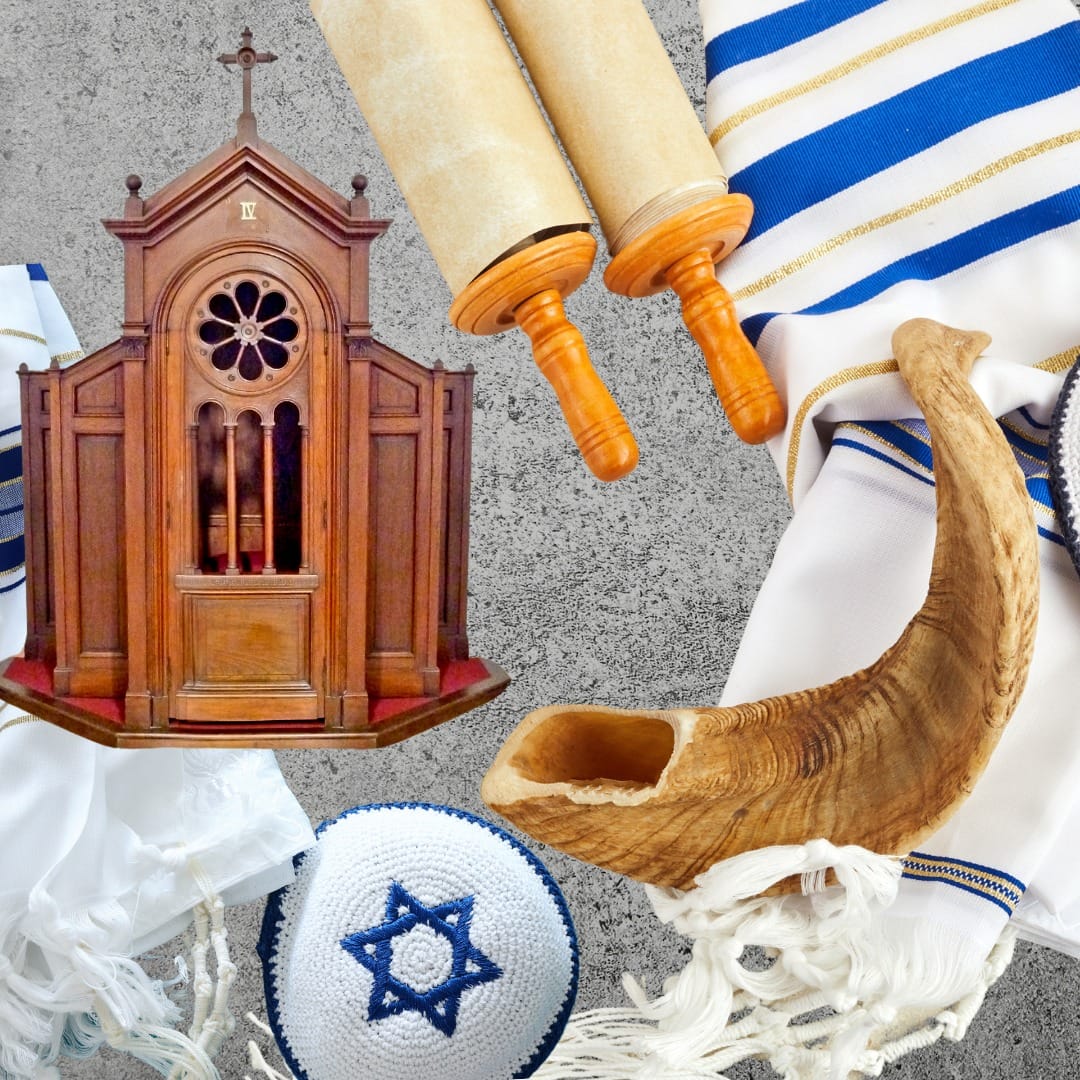As Christians, we know Christ is our eternal High Priest, whose sacrifice on the Cross offers forgiveness for all sins (Hebrews 9:11-14).
The rituals of atonement and confession that Catholics practice—confessing sins, receiving absolution, and performing penance—have deep roots in ancient Jewish customs.
Yom Kippur, the Jewish Day of Atonement, plays a significant role in this heritage.
On Yom Kippur, Jews reflect on their sins and seek forgiveness, much like we do in our Catholic tradition. This year, Yom Kippur is observed from the evening of Friday, October 11, until nightfall on Saturday, October 12.
Here are three interesting facts Catholics should know about Yom Kippur, a holiday Jesus celebrated as a devout Jew:
1) The Role of the High Priest and the "Scapegoat"
In the Bible, Yom Kippur is described as a day of cleansing and atonement for the sins of the people (Leviticus 16:30-31).
Each year, the High Priest entered the Holy of Holies and offered sacrifices on behalf of Israel.
One particularly fascinating aspect of Yom Kippur involved a ritual with two goats. The High Priest symbolically transferred the sins of Israel onto one of the goats, known as the "scapegoat," which was then sent into the wilderness.
This act symbolized the removal of the people's sins, a powerful image that resonates with the Christian understanding of Jesus as the one who takes away the sins of the world.
2) Rituals and Practices: More Than Just Fasting
Yom Kippur is a day of strict observance for Jews. Scripture commands the children of Israel to "deny themselves" (Leviticus 16:29), which has been interpreted by rabbis to include five prohibitions from sunset to nightfall the following day:
- No eating or drinking
- No wearing of leather shoes
- No bathing
- No anointing with perfumes or lotions
- No marital relations
In addition to fasting, Yom Kippur is a day of rest, much like the Sabbath. Jews are to refrain from work, travel, and even the use of electronics, creating a space for deep reflection, confession, and repentance before God.
3) Liturgical Significance and Public Confession
The Yom Kippur liturgy is filled with prayers of public confession, allowing room for the confession of personal sins.
Interestingly, the Early Church practiced a similar form of public confession, as noted in early Christian documents like the Didache.
For Jews, Yom Kippur is about repairing one’s relationship with God, but any sins committed against others must be reconciled through acts of penance and seeking forgiveness directly from those they’ve wronged. The rabbis teach that it is equally important for individuals to forgive others quickly and with a willing heart, a teaching that aligns closely with Christian ideals of forgiveness.
Why should Catholics understand Yom Kippur?
Understanding Yom Kippur, a holy day observed by Jesus, deepens our appreciation for the roots of Christian practices like confession and atonement.
As Nostra Aetate reminds us, the spiritual heritage shared between Jews and Christians is profound. Learning more about Yom Kippur and our Jewish roots helps enrich our own faith and brings us closer to living as the saints we are called to be, embracing repentance and God's mercy.


